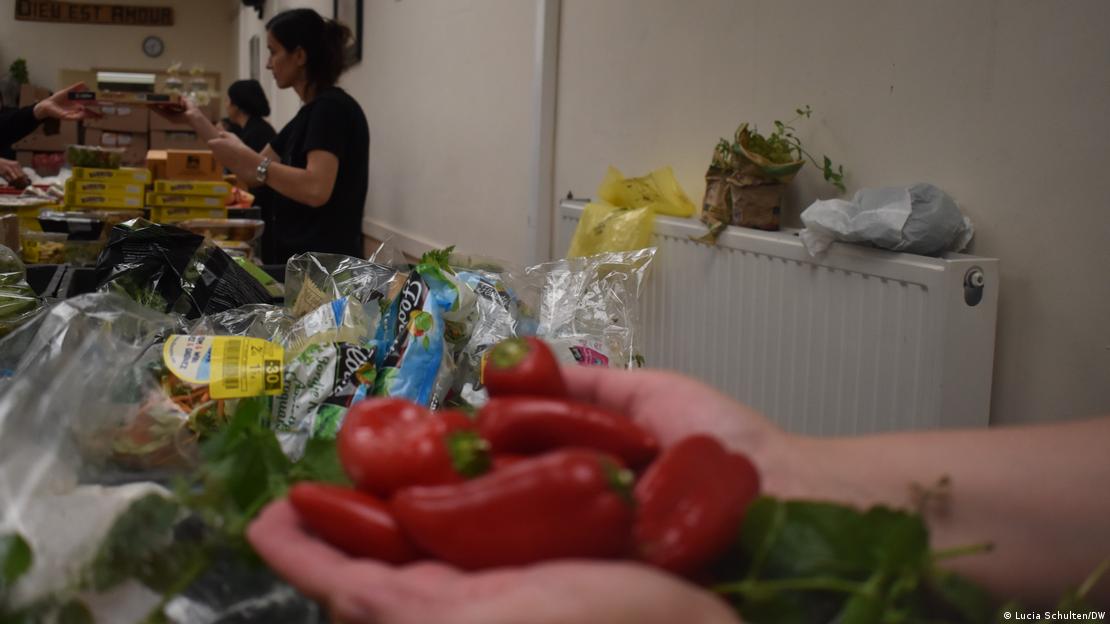Earlier in August FEBA was interviewed by Deutsche Welle (DW) about legal obligations for supermarkets to donate unsold food. Indeed, the Brussels region in Belgium wants to introduce legal obligations for large supermarkets to donate unsold food. It is not the first time an EU Member State has introduced legislation on food donations. According to DW the Regional Minister Alain Maron said in a statement on his website that starting in 2024 he wants to oblige stores with a surface area of more than 1,000 square meters to donate unsold – but still consumable – food. A draft decree passed in a first reading and has to undergo further legislative steps.
Belgium is not the first country that wants to introduce legislation that deals with food donations from supermarkets. Other countries take various approaches, including obliging retailers to sign agreements for food donations, offering fiscal incentives or simplifying administrative procedures, or encouraging voluntary agreements rather than legislation. Spain is also planning to introduce laws to reduce food waste.
Asked by DW whether this kind of legislation changes the situation for Food Banks, Angela Frigo, FEBA Secretary General, released a declaration: “First of all, we would like to disprove the false myth of an obligation for retailers to donate unsold food. In some countries, such as the Czech Republic, France, and Poland, there is no obligation to donate unsold food but rather the obligation for retailers to sign agreements to donate unsold food to food aid organisations. Secondly, If we look at the European Union or Europe in the broadest sense, we can identify different approaches: there are not only countries with laws that oblige to sign agreements to donate unsold food to food aid organisations (Czech Republic, France, and Poland) but also countries with laws that aim to empower food donation with fiscal incentives, administrative simplification, clarity on civil liability while ensuring hygiene and food safety in compliance with EU regulations (Italy and Moldova), and countries that prefer voluntary agreements (Hungary and Netherlands) to the implementation of a specific law.
In the dialogue with our members, it emerged that depending on the country the implementation of these approaches has led to increased or decreased quantity of food donations. The main change that can be highlighted is a greater focus on the issue of food donation and a reinforced dialogue between all parties involved.
Thirdly, it is important to mention that provisions related to food donation, especially in terms of hygiene and food safety, are already available in EU legislation. In line with the EU guidelines on food donation, it should be ensured that “when food surpluses occur, the best destination, which ensures the highest value use of edible food resources, is to redistribute these for human consumption”.
In order to effectively and efficiently implement this, it is necessary to promote the provision of fiscal incentives for food business operators who are donating surplus food while encouraging support (financial and in-kind support, administrative simplification) for non-profit organisations that are recovering and redistributing surplus food to the most deprived. At the same time, provisions on hygiene and food safety should be ensured while made easily applicable in compliance with European legislation.”
Read the source here.




